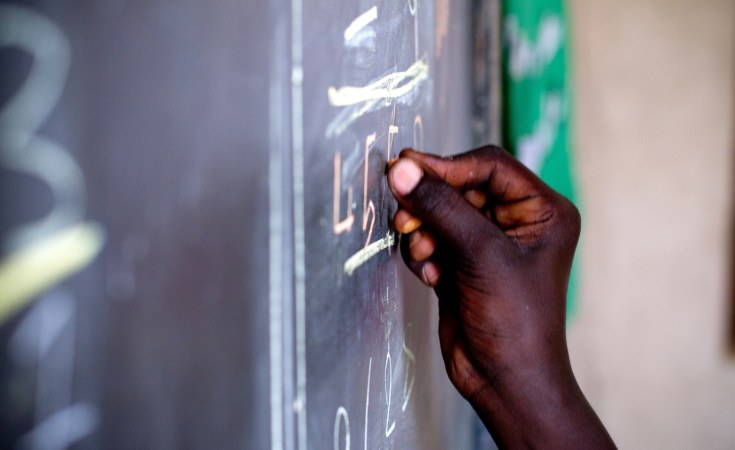Kampala — In September, the Uganda National Association of the Deaf (UNAD), an organization for Deaf people by Deaf people, will celebrate their Golden 50 lJubilee . Unfortunately, despite their important work half the previous century, discrimination against Deaf people, including children in education, persists.
In the pre-colonial era, deaf children of European and Asian origin took lip-reading lessons at the Aga Khan Mosque; however, deaf Ugandan children were severely discriminated against and unfairly left out. Today, almost 65 years later, deaf learners in Uganda often face significant challenges in their educational journey. Recognising the importance of inclusive education, special schools for the deaf must start at the pre-primary level in order to improve the poor academic performances for deaf learners in Uganda.
In Uganda, 3 out of 5 deaf persons have never attended school. According to the World Bank factsheet on special needs education in Uganda, the enrolment of deaf, including blind children, in pre-primary schools is at a mere 4% . The current Early Childhood Development Policy and Action Plan fails to recognise the unique linguistic need for deaf children but also fails to be inclusive of their unique needs.
Deaf children do not learn language as easily as hearing children do, instead they must go through early sign language exposure. Despite 90% deaf children being born into hearing families, early exposure is delayed as medical options are sought at first. Parents are equally unaware how to handle their deaf children. All this results in a delayed exposure to sign language and eventually the children miss out on attaining cognitive language development. Research has shown that children who receive quality pre-primary education are better equipped to succeed in later stages of schooling.
Further, research shows that language development is critical for the cognitive and social development of all children, including those who are deaf. Therefore, many deaf children who miss out on early bilingual language exposure have less developed critical thought. For deaf children, early exposure to sign language, cognitive growth, access to specialised support, socialisation and parental involvement and empowerment provides an immersive foundation where they can acquire language skills both expressive and receptive at a critical stage of their development.
It is a myth that early sign language instruction can hinder deaf children from developing vocal language. The early use of sign language does not deter children from being motivated and interested in learning to speak. Manual babbling in deaf babies may be observed which is however similar to verbal babbling in that it encourages both parent and infant to talk to each other.
The absence of early intervention through pre-primary education affects the academic performance of deaf learners in later stages. By extending special schools for the deaf to pre-primary level and empowering private stakeholders to invest in ECD for deaf children, the academic foundations can be laid leading to improved outcomes throughout their schooling years.
The right to education is enshrined under Article 30 of the Constitution of Uganda. Article 34 embraces the principle of supporting the best interests of the child and that includes deaf children. However, despite efforts by the government to scale up quality early childhood development in the ECD policy, more changes are needed. It should be made mandatory for all children entering primary school. The government should pay for the implementation of a sustainable ECD policy and should have funding targets distinct from those of primary levels.
As a matter of urgency, the Ministry of Education and Sports must establish a special policy for pre-schools for deaf children. The Ministry of Gender, Labour and Social Development must liaise with Organisations of Deaf Persons such as National Association of Parents of Deaf Children and Uganda National Association of the Deaf to provide support services to encourage proper parental involvement in the early learning interventions of their deaf children.
In a nutshell, extending special schools for the deaf to pre-primary level is a crucial step towards ensuring inclusive quality education for all learners in Uganda. By addressing the educational needs of deaf students at an early age we can set them on a path to success academically emotionally and socially. Policy makers and Ministry of Education and Sports and the community at large must come together to support and advocate for this expansion, creating a brighter future for deaf learners in Uganda.
Timothy Egwelu is a lawyer and a Disability policy and inclusion consultant.


